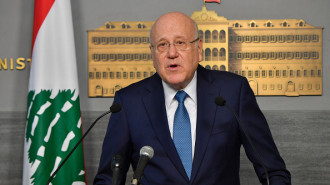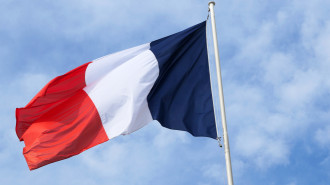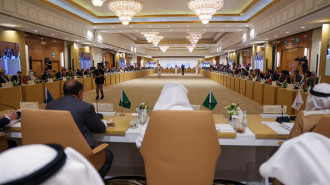UK opts out of EU quota for Syrian refugees
Prime Minister David Cameron confirmed on Wednesday that the UK would not participate in a binding European system of quotas to resettle refugees.
"If all the focus is on redistributing quotas for refugees around Europe, that won't solve the problem and it actually sends a message to people that actually it's a good idea to get on a boat and make that perilous journey," Cameron told MPs in parliament.
"Europe has to reach its own answers, for those countries that are part of Schengen. Britain, which has its own borders, has the ability to make sovereign decisions."
UK is exempt from EU asylum and migration policy and Cameron had already made it clear that the country will not be involved in any quota system.
Cameron vowed on Monday to take 20,000 Syrian refugees over the next five years from camps near the war-torn country's borders.
"We have committed to taking 20,000 people, I want to get on with that," he said.
Quota plan
EU Commission chief Jean-Claude Juncker unveiled major plans Wednesday to force the bloc to share 160,000 refugees and ease the pressure on border states from the worst migration crisis since World War II.
| We have committed to taking 20,000 people, I want to get on with that. David Cameron, UK Prime Minister |
With Greece and Hungary struggling to cope, Juncker urged Europe to look to its history and not be afraid of his "bold" proposals for compulsory quotas for refugees fleeing conflict in Syria and elsewhere.
But German Chancellor Angela Merkel - whose country expects 800,000 asylum claims this year and has said it could take half a million annually over several years - urged Europe to go further, claiming binding quotas were the only way to ensure a "fair" and proportionate sharing of the burden.
The migrants' plight has touched hearts around the world, spurred especially by pictures last week of three-year-old Syrian Aylan Kurdi, whose lifeless body washed up on a Turkish beach.
In response to appeals for help from an increasingly-strained Europe, Australia said it would take an additional 12,000 refugees from the Syria and Iraq conflicts and several South American countries also agreed to help.
"Now is not the time to take fright, it is time for bold, determined action for the European Union," Juncker said in his first EU State of the Union speech to the European Parliament in Strasbourg.
But he also warned member states against making religious distinctions when deciding to admit refugees.
Mandatory quotas have faced stiff opposition, especially from eastern EU states such as Hungary, which is on the front line of Europe's largest migrant wave in 70 years.
"We need a binding agreement on the binding distribution of refugees according to fair criteria between member states," Merkel told the German parliament.
"We cannot just fix a ceiling and say I don't care about anything above that."
Police lines broken
As Merkel and Juncker were speaking, at least 400 migrants broke through police lines at the flashpoint town of Roszke on Hungary's southern border with Serbia, yelling "No camp!" as they scattered all directions, AFP correspondents said.
Some ran towards a nearby motorway heading to Budapest which police then closed in the latest confrontation with thousands of migrants pouring across the frontier.
"We don't want to live any longer in the camps in Hungary or elsewhere, the conditions are horrible. It's too cold and everything is dirty, and it smells bad," said a young man from Damascus.
A Hungarian TV camerawoman was fired Tuesday after footage appeared to show her kicking migrants, including children, as they ran away from a police line during disturbances at Roszke.
Juncker urged EU interior ministers, who are meeting next Monday, to back his new plan for the relocation of 120,000 refugees in Hungary, Greece, and Italy, and a plan first floated in May to relocate 40,000 others in Italy and Greece.
"It is 160,000 that Europe has to take into their arms, this has to be done in a compulsory way," said Juncker.
Under the EU plan, Germany would take more than 31,000 migrants, France 24,000 and Spain almost 15,000.
France has already agreed to take that number, while Britain has said it would take 20,000 over five years, although they would come from refugee camps on the Syrian border and not other EU states.
EU president Donald Tusk warned Monday of an "exodus" that would likely last "for many years".
Latin America to help
On the Greek holiday island of Lesbos, where around 20,000 people have been waiting in squalid conditions to travel to the mainland, a new processing centre was set up on Monday which processed some 14,000 people in just over 24 hours.
Tensions were also high on other Aegean islands where another 10,000 are stuck waiting to reach the mainland.
| [Click to enlarge] |
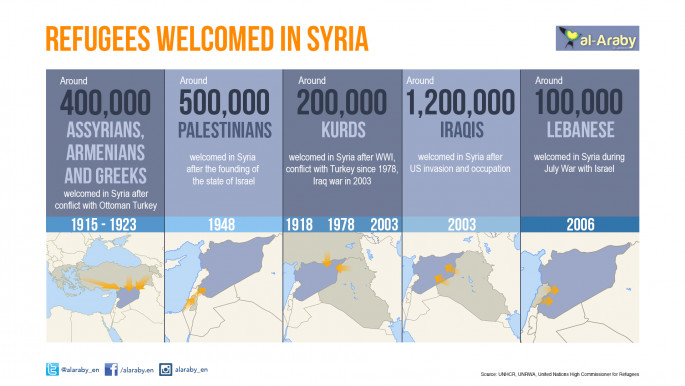 |
"It was horrible the last three days... There are no rooms, no hotels, no bathrooms, no beds, no anything," said Hussam Hamzat, a 27-year-old engineer from Damascus who finally got his departure papers on Tuesday after an overnight wait.
More than 380,000 people have arrived in Europe by sea this year, figures from the UN's refugee agency UNHCR showed Tuesday, including close to 260,000 in Greece and 121,000 in Italy.
Some 85 percent of those coming to Europe are refugees because they have fled war in Syria, Iraq and Afghanistan, the agency says.
The UN's special representative for migration and development, Peter Sutherland, on Monday called for a global asylum effort, proposing an international conference "where every country is held up to the spotlight."
As Australia agreed to up its quota, offers of help also came in from south America, with Venezuela saying it would accept 20,000, Brazil declaring migrants would be welcomed with "open arms" and Chile also pledging to take "a large number".
Canada's Quebec province has also said it will take 3,650 this year and Washington has said it is examining how it could provide more help.

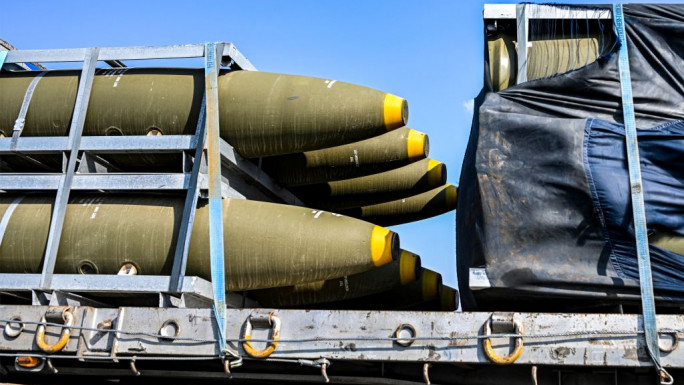
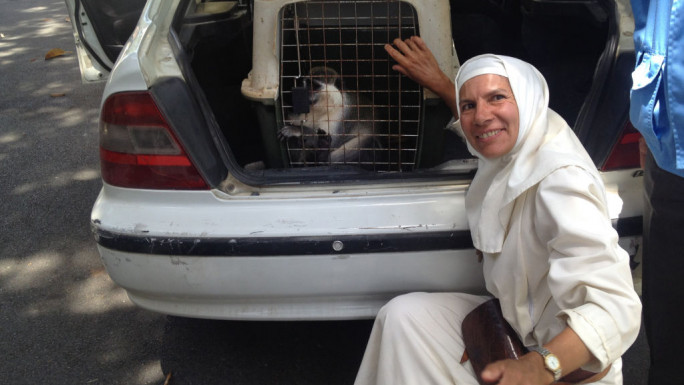
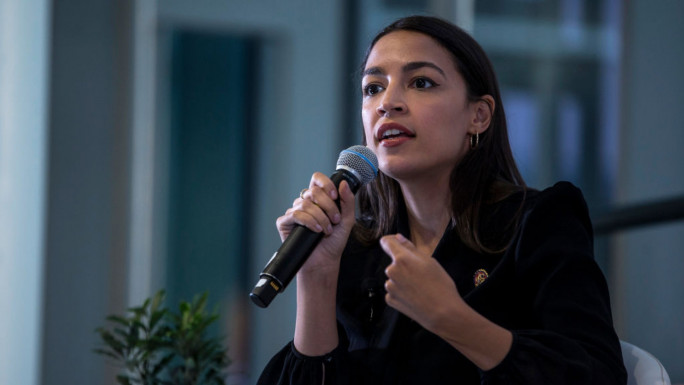
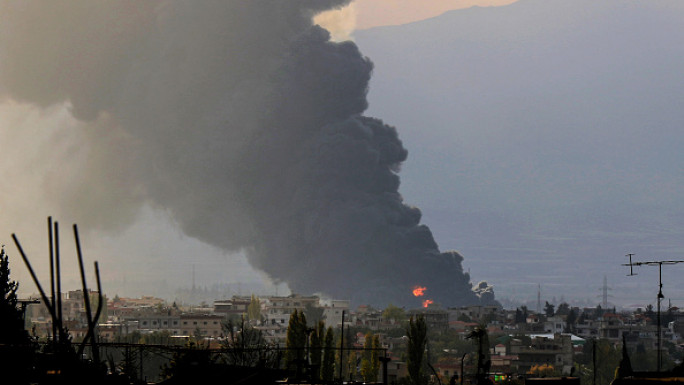
 Follow the Middle East's top stories in English at The New Arab on Google News
Follow the Middle East's top stories in English at The New Arab on Google News
